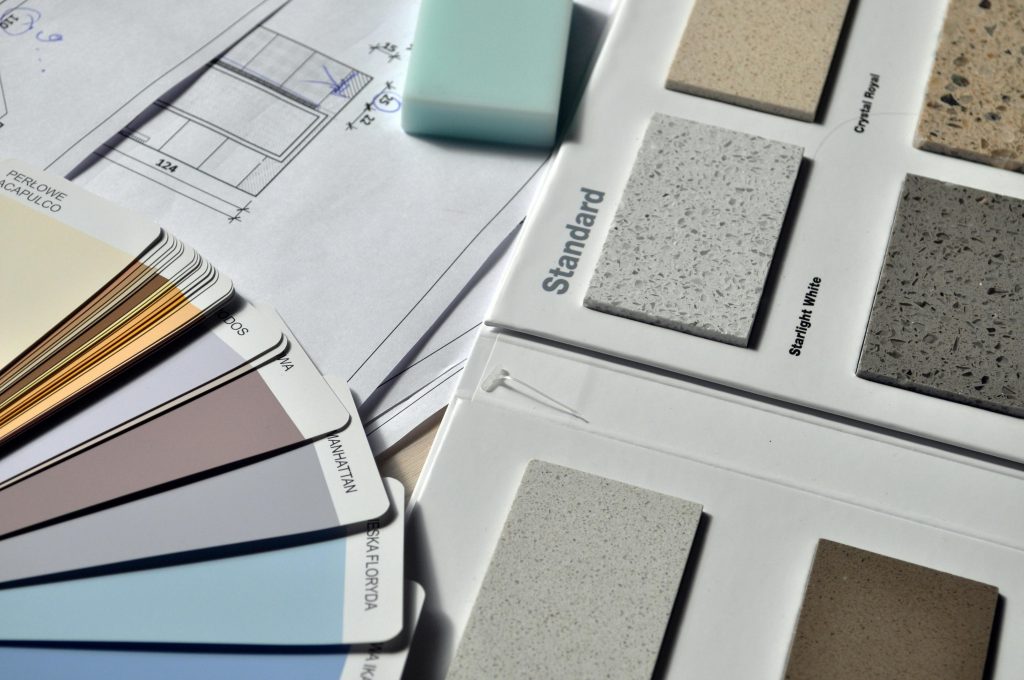How Much Does House Painting Really Cost in your City?

Thinking about giving your home a fresh look? You might be surprised at how much house painting can cost. Understanding the costs associated with house painting is crucial for homeowners looking to enhance their living spaces without breaking the bank. Knowing the factors that influence pricing can help you budget effectively and avoid unexpected expenses. In this blog post, we’ll explore the various elements that affect house painting costs, provide average pricing, and offer tips for getting accurate estimates.
Section 1: Understanding House Painting Costs
1.1 What Influences House Painting Costs?
Factors Affecting House Painting Prices
Several factors can significantly influence the cost of house painting:
-
Size of the Home: The larger the home, the more paint and labor will be required. Costs are typically calculated per square foot.
-
Type of Paint and Materials Used: Higher-quality paints and materials can increase costs but often result in better durability and finish.
-
Interior vs. Exterior Painting: Exterior painting usually costs more due to the need for weather-resistant materials and additional preparation work.
-
Labor Costs in your City: Local labor rates can vary widely, impacting the overall cost of the project.
-
Complexity of the Job: Homes with multiple stories, intricate designs, or special features may require more time and expertise, leading to higher costs.
1.2 Average Cost Breakdown
Average House Painting Costs in Your City
The average costs for house painting can vary based on several factors. Here’s a general breakdown:
-
Exterior House Painting:
-
Single-story home: Approximately $1.25 to $2.25 per square foot.
-
Two-story home: Approximately $2.00 to $3.00 per square foot.
-
-
Interior House Painting:
-
Costs generally range from $1.50 to $3.50 per square foot, depending on the quality of paint and job complexity.
-
When considering DIY versus hiring professionals, DIY can save on labor costs, but it may lead to additional expenses if mistakes are made or if you need to purchase tools and materials.
Section 2: Getting Accurate Estimates
2.1 How to Get Quotes from Painters
Tips for Getting Accurate Painting Estimates
To ensure you receive accurate estimates from painters, follow these tips:
-
Research Local Painters: Look for reputable painters in your area and read reviews to gauge their quality of work.
-
Ask for Detailed Quotes: Ensure that quotes break down labor, materials, and any additional fees to avoid surprises.
-
Get Multiple Quotes: Comparing estimates from different painters can help you find the best value for your project.
2.2 Questions to Ask Your Painter
Essential Questions to Ask Before Hiring a Painter
When obtaining quotes, consider asking the following questions:
-
What is included in the estimate?
-
How long will the job take?
-
What type of paint do you recommend and why?
-
Do you offer any warranties or guarantees?
These questions will help you understand the scope of work and ensure you’re making an informed decision.
Section 3: Budgeting for Your Painting Project
3.1 Setting a Realistic Budget
How to Budget for House Painting in Your City
Setting a realistic budget is essential for any painting project. Here are some tips:
-
Allocate Funds for Unexpected Costs: Always set aside a portion of your budget for unforeseen expenses, such as additional prep work or repairs.
-
Consider Prep Work and Cleanup: Don’t forget to factor in the costs of preparing surfaces and cleaning up after the job is done.
3.2 Financing Options
Financing Your House Painting Project
If you need assistance with financing your painting project, consider these options:
-
Personal Loans or Credit Cards: These can provide immediate funds for your project but be mindful of interest rates.
-
Local Grants or Programs: Research any local programs that may assist homeowners with home improvement projects.
Section 4: DIY vs. Professional Painting
4.1 Pros and Cons of DIY Painting
Should You DIY or Hire a Professional Painter?
Benefits of DIY:
-
Cost savings on labor.
-
Personal satisfaction from completing the project yourself.
Drawbacks:
-
Time-consuming and physically demanding.
-
Potential for mistakes that could lead to additional costs.
4.2 When to Hire a Professional
Signs It’s Time to Call a Professional Painter
Consider hiring a professional in the following scenarios:
-
Your home is large or has complex designs that require expertise.
-
You lack the time or physical ability to complete the project yourself.
-
You want a high-quality finish that only experienced painters can provide.
Section 5: Conclusion
Now that you have a clearer understanding of house painting costs in your City, you can make an informed decision that fits your budget and style. Whether you choose to embark on a DIY project or hire professionals, being well-informed will help you achieve the results you desire. We encourage you to take the next step, whether it’s getting quotes or starting your DIY project. Share your experiences or ask questions in the comments below!
Call to Action
Ready to transform your home? Contact us today for a free estimate and let’s bring your vision to life! Visit our website for more information on our services, or follow us on social media for tips and inspiration.

